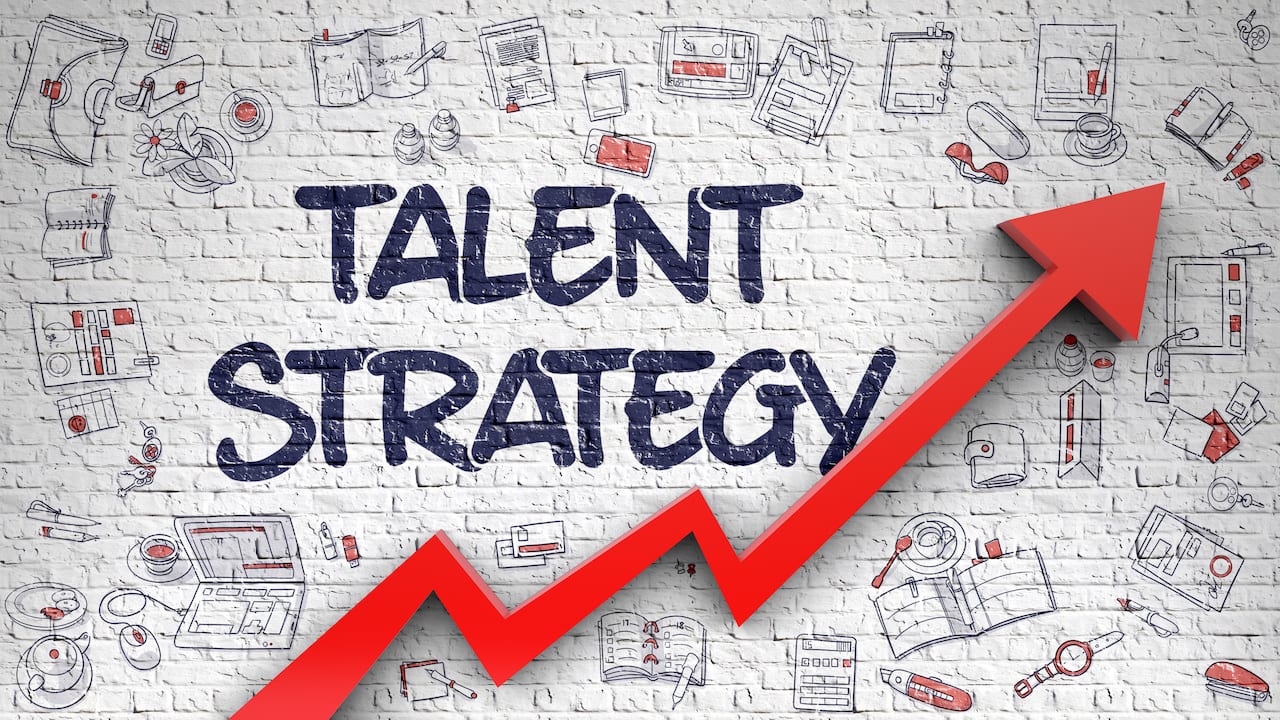
Business and human capital management (HCM) practices have evolved significantly from where they were decades ago. Today a shift in the fundamental nature of work, new technology, and the needs of new generations are changing how work gets done, how employees engage, and how organizations operate.
As a result, companies are reimagining performance management—moving past annual performance reviews and employee rankings to focus on what talents can do to increase their contributions in the future, instead of proving what they’ve done in the past.
The COVID-19 pandemic also, almost overnight, necessitated a huge shift to remote work in an effort to protect the health and safety of employees. As the months passed and companies and workers adjusted, many workers started envisioning more opportunities not tied to geographic location. Companies have done the same. In this world, which may well encompass remote workers for some time to come, talent management will have to iterate yet again to adjust for less face time, more remote work, more remote learning and development, and more talent from more parts of the world.
Why Is talent management important?
People are the heart of a company. Without the right talent, companies risk poor culture, low customer satisfaction, and most importantly, a lack of innovation. Employers today face a more complex talent management landscape than ever before, and those that manage talent well will have a competitive edge over those who do not.
Traditionally, expenses related to employees were viewed as a cost to the business. But to keep up with the rapid pace of change, companies must nimbly leverage the skills of their employees for innovation and growth. Companies must continually invest in their employees.
In other words, talent management matters because engaged employees are more productive employees, which in turn affects a company’s bottom line. According to a study from Jacob Morgan, author of “The Employee Experience Advantage,” organizations that invest in employee experience environments across culture, technology, and physical space (where employees work) are four times more profitable than organizations that don’t.
What’s coming next?
In the next installment of our Modern Talent Management series, We will focus on what a complete and effective talent management system is and how to set it up.

Scan QR code to follow WeChat public account
Never miss any talent management information




